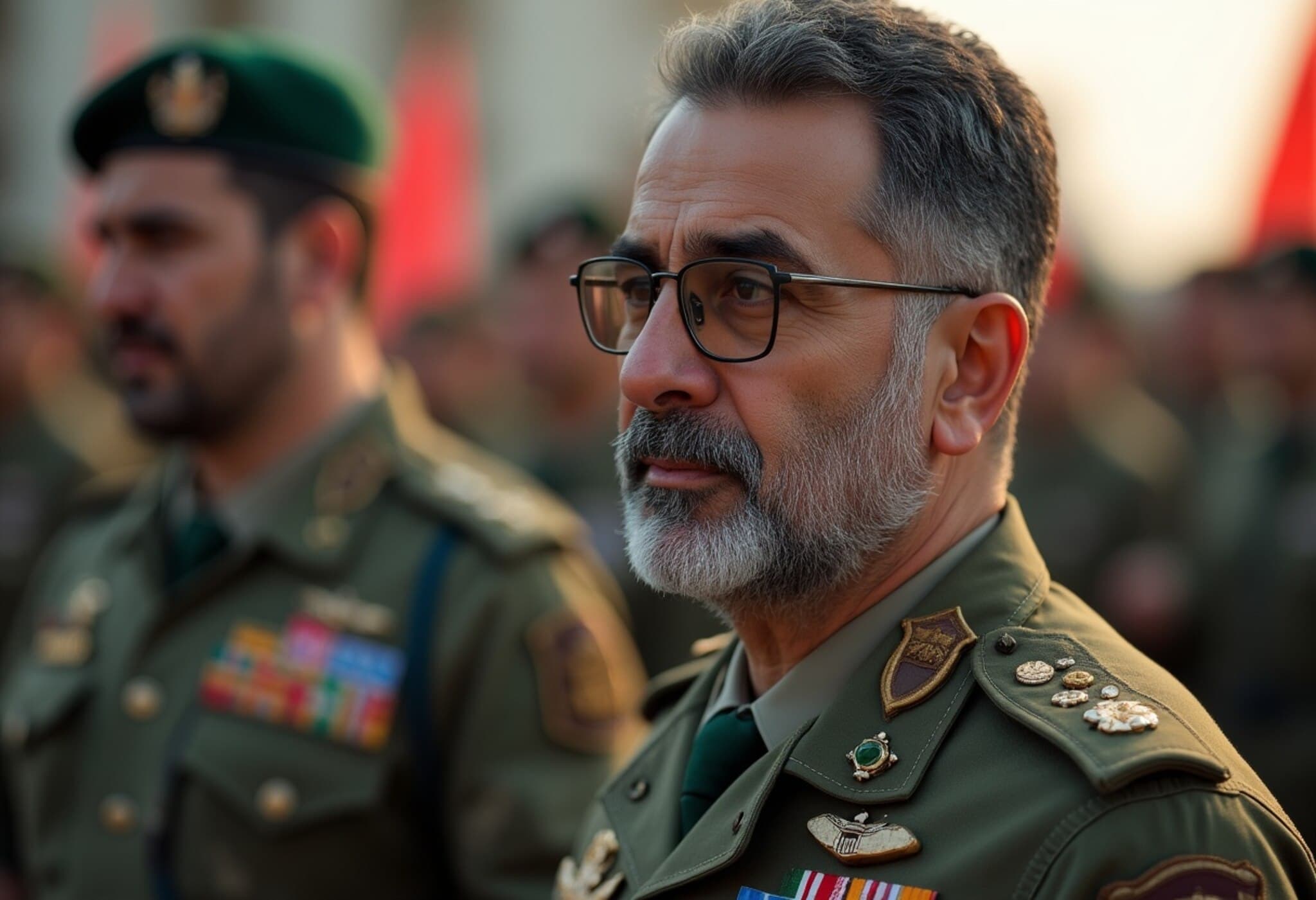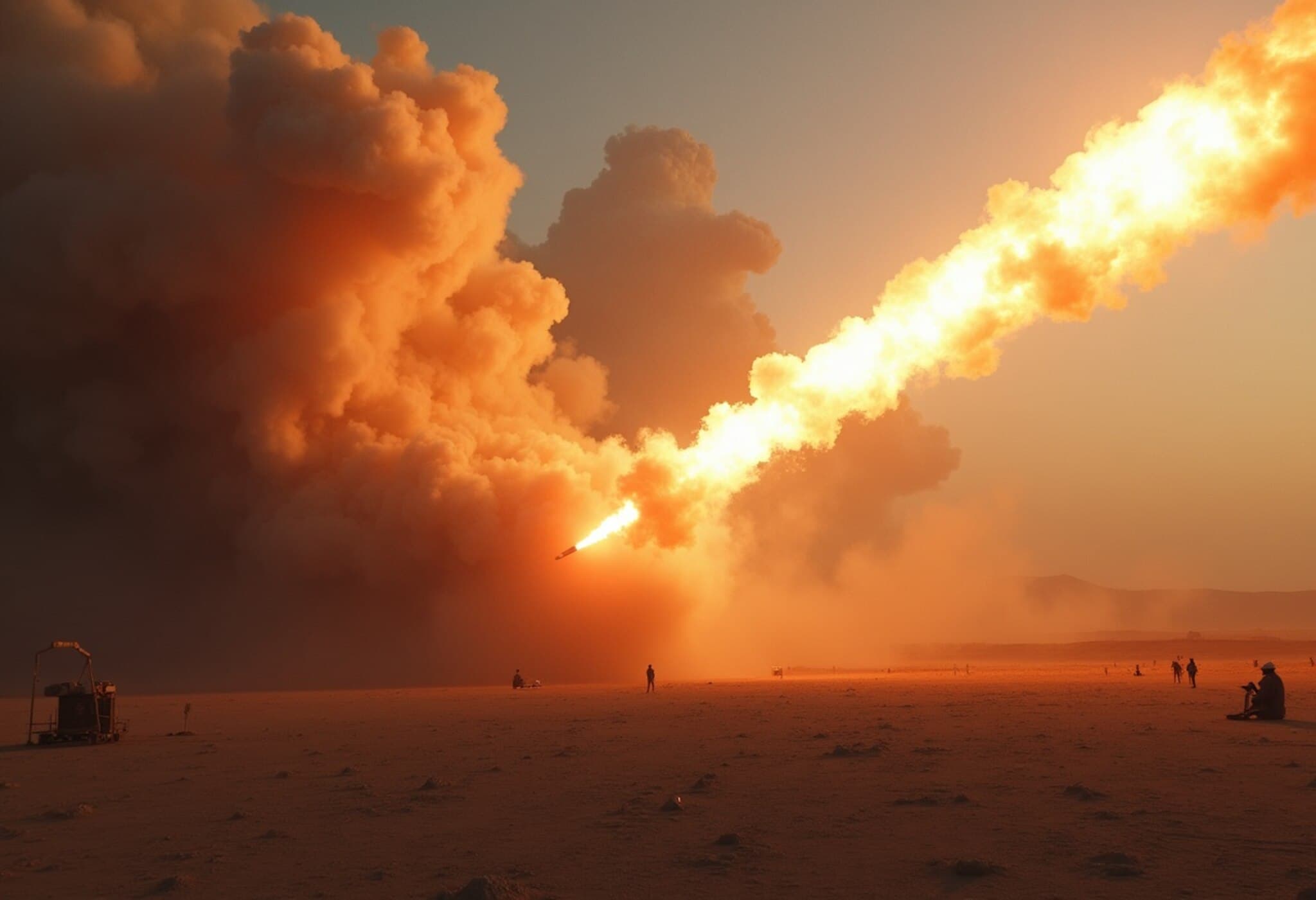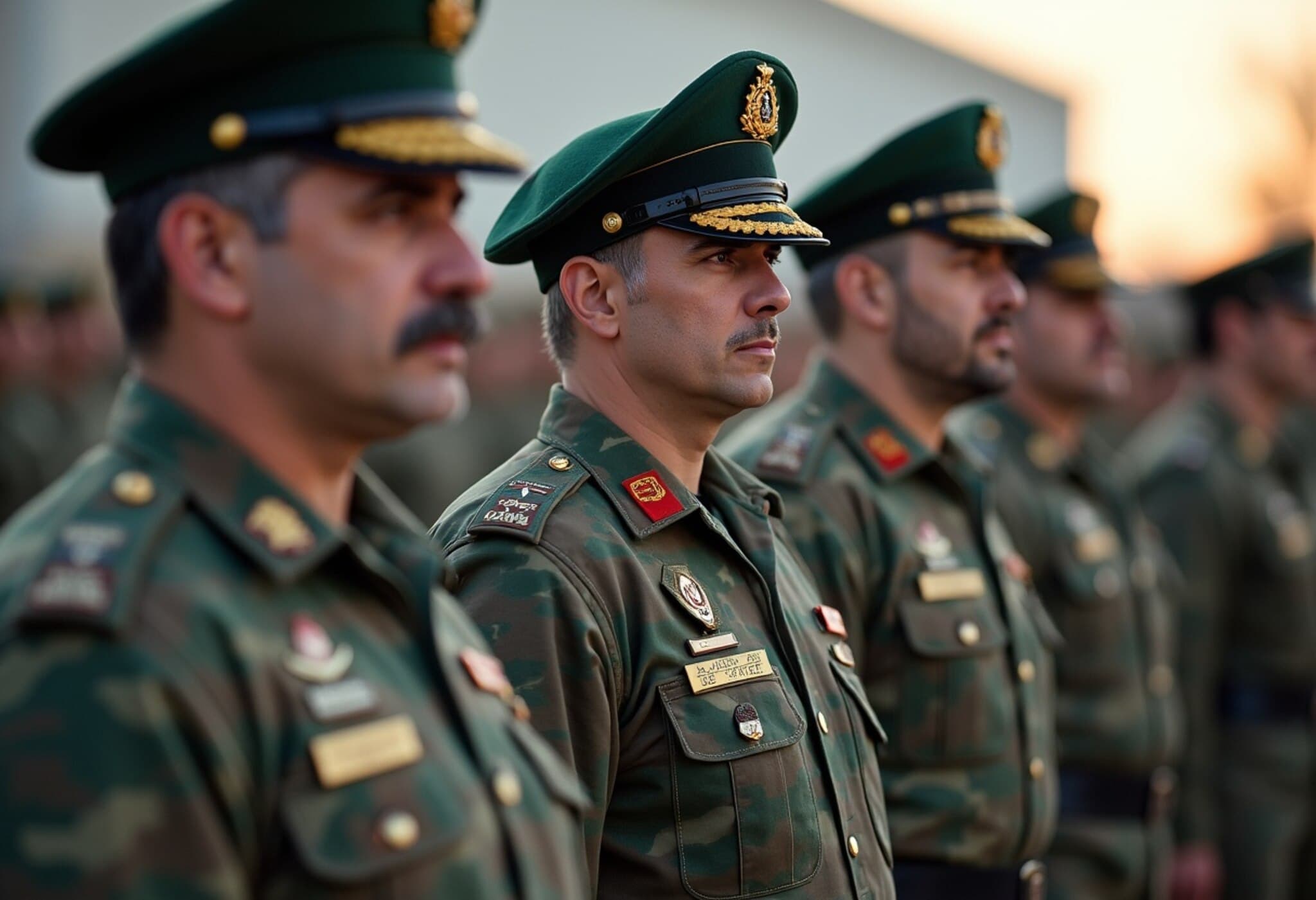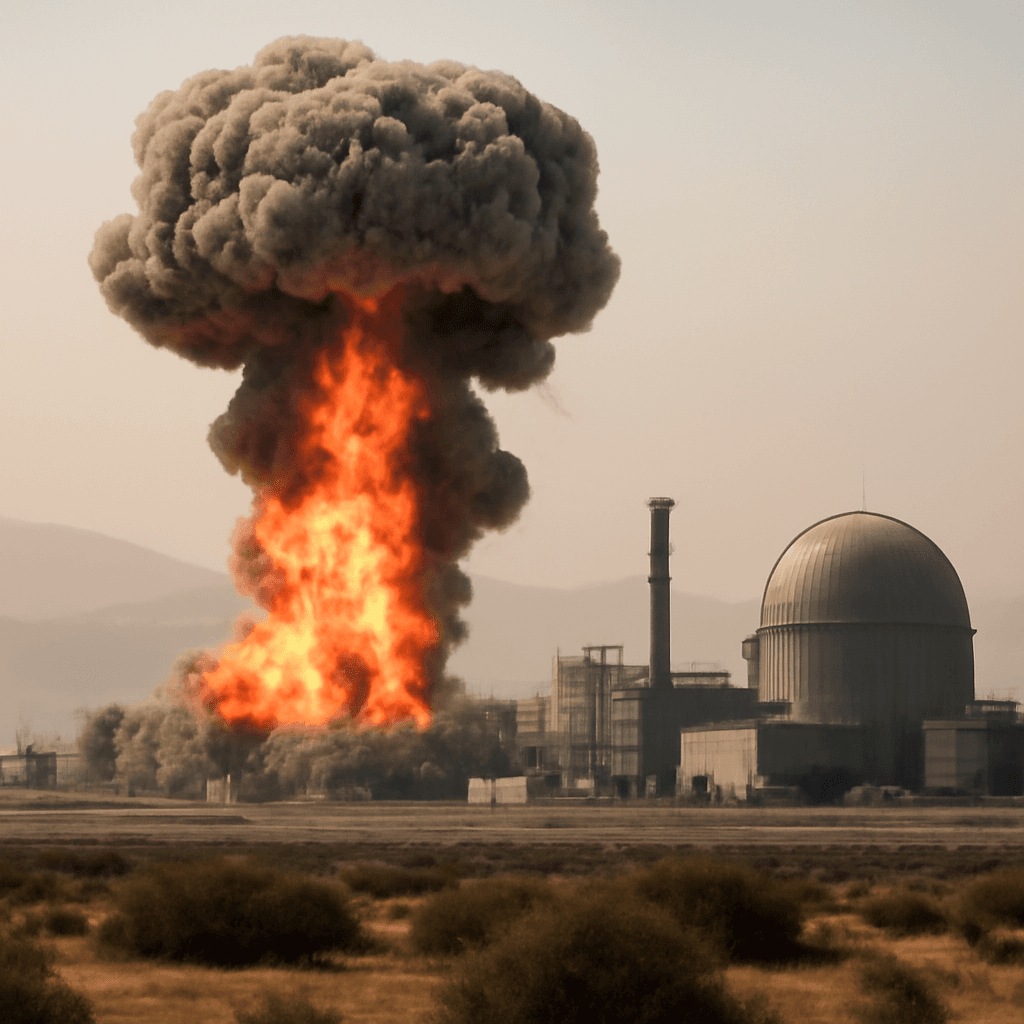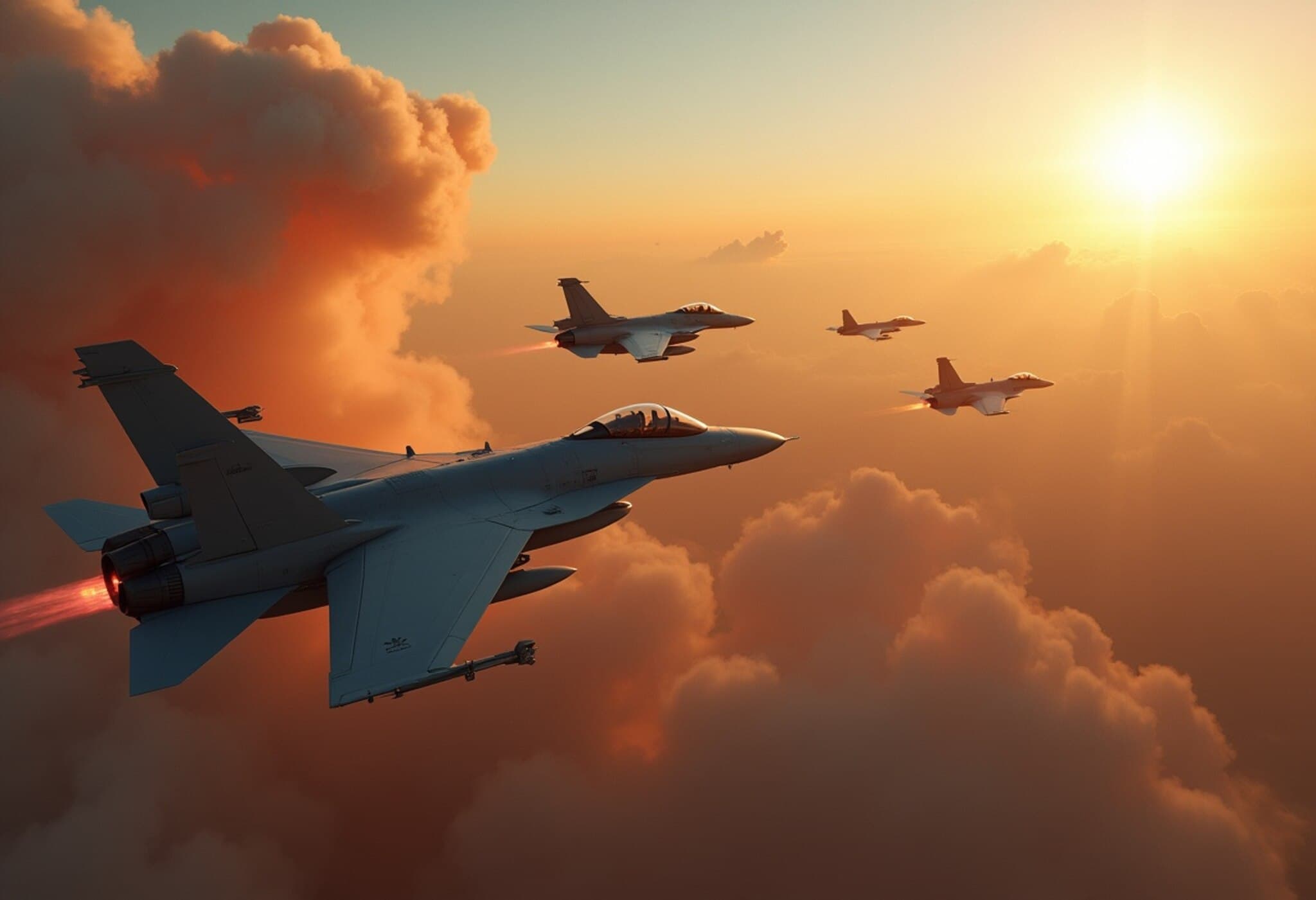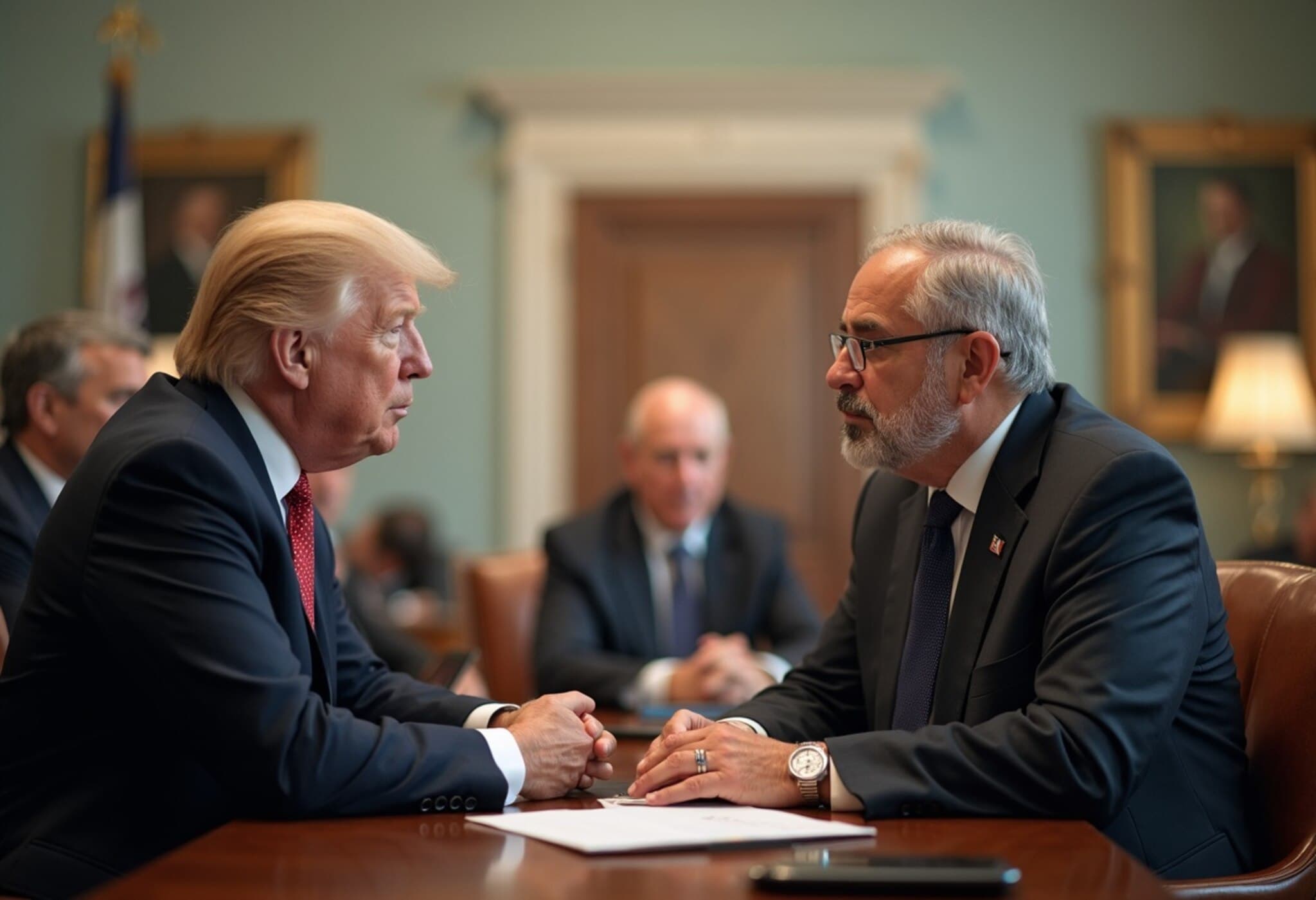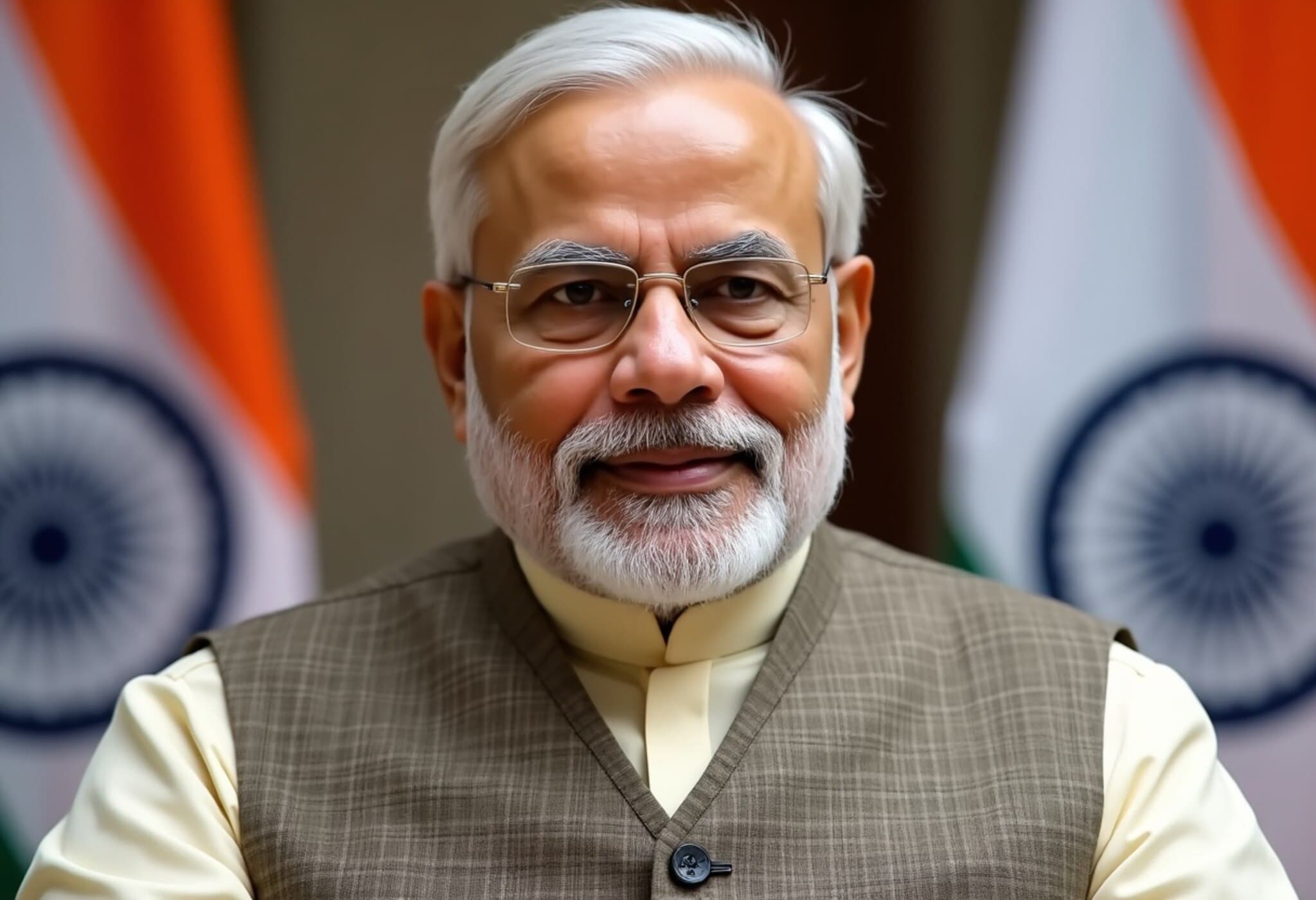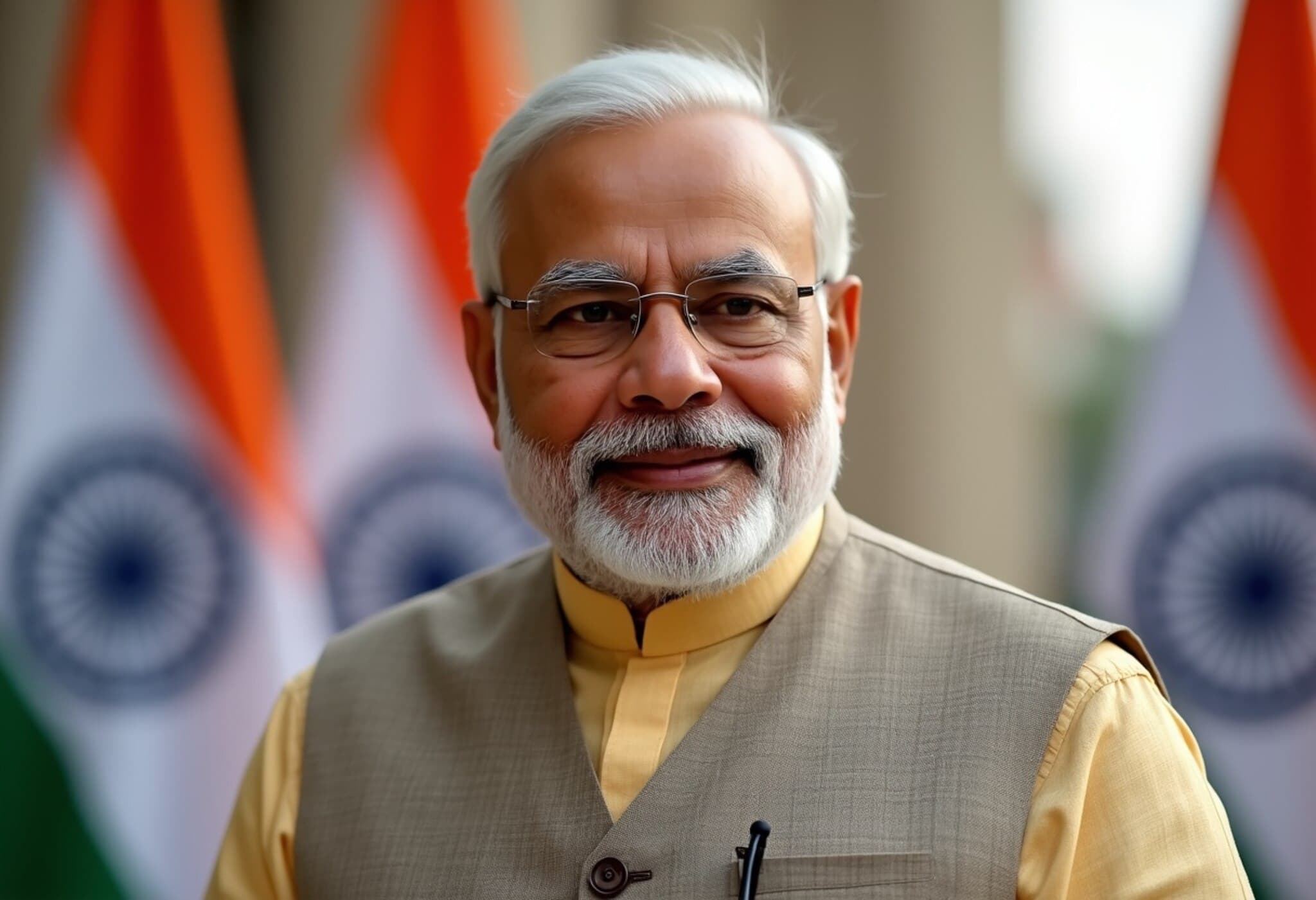Iran’s Military Leadership Undergoes Major Shakeup Amid Rising Regional Tensions
In the wake of a devastating Israeli offensive that claimed the lives of several high-ranking military commanders, Iran’s Supreme Leader Ayatollah Ali Khamenei has moved swiftly to appoint new top officials across the armed forces. These changes come as Tehran seeks to restore stability to its military command structure while escalating retaliatory actions raise concerns over regional security.
Amir Hatami Takes Helm as Army Chief
On Saturday, Major General Amir Hatami was named the new Chief Commander of the Army of the Islamic Republic of Iran. Hatami brings a wealth of experience, having served as Defence Minister from 2013 to 2021. His appointment underscores Tehran’s intention to reinforce and perhaps transform its military leadership in response to the recent turmoil.
In his decree, Khamenei praised Hatami’s “dedication, competence, and experience,” urging him to lead with a pioneering and revolutionary vision. The change reflects the urgency to mend the gaps left by the assassination of former commanders, notably General Mohammad Hossein Bagheri, the former Chief of Staff of the Armed Forces.
Key Leadership Changes in IRGC and Other Commands
Alongside Hatami’s appointment, Khamenei also made significant shifts within the Islamic Revolutionary Guard Corps (IRGC) and central military command:
- Major General Mohammad Pakpour was appointed as the new Commander-in-Chief of the IRGC following the death of Lieutenant General Hossein Salami in the strikes.
- Major General Ali Shadmani has been named Commander of the Khatam al-Anbiya Central Headquarters after Lieutenant General Gholamali Rashid was killed.
- General Seyyed Abdolrahim Mousavi took over as Chief of Staff of the Armed Forces, stepping in after the assassination of General Bagheri.
Operation Rising Lion: Impact and Repercussions
These appointments directly follow Operation Rising Lion, an Israeli military campaign that targeted Iran’s top brass. The strikes eliminated prominent figures including General Salami, who commanded the IRGC elite force since 2019 and orchestrated rocket and drone attacks against Israel earlier. Among the casualties was also Ali Shamkhani, a close aide to Khamenei and former national security chief known for his role in diplomatic engagements with regional powers.
Additionally, Amir Ali Hajizadeh, IRGC Air Force commander and mastermind behind prior missile attacks on US bases and Israel, was killed during an airstrike aimed at an underground command center.
Statements From Israeli Defense Forces and Escalating Conflict
The Israeli Defense Forces (IDF) justified the operation as a critical step to prevent Iran from acquiring nuclear weapons, describing the Iranian regime’s pursuit of weapons of mass destruction as a direct threat to Israel and international security. Following the airstrikes, Iran retaliated with a series of drone and missile attacks targeting Tel Aviv, resulting in ongoing Israeli counterstrikes and keeping the region on edge.
In Summary
The recent overhaul in Iran’s military leadership, led by appointments such as Amir Hatami as army chief and Mohammad Pakpour heading the IRGC, represents a significant strategic response to the losses inflicted by Israel’s Operation Rising Lion. With tensions escalating and retaliatory strikes underway, the balance of power in the Middle East remains precarious, underscoring the high stakes in this volatile conflict.

